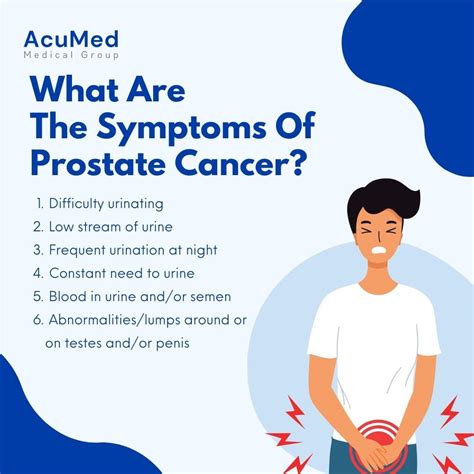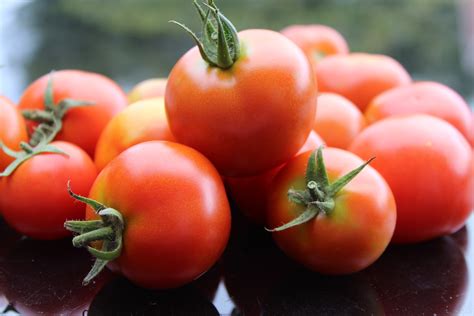Which specific antioxidant, abundantly found in cooked tomatoes, is particularly studied for its potential benefits in supporting men’s prostate health?

Unveiling Lycopene: The Prostate’s Powerful Ally from Cooked Tomatoes
For men, maintaining prostate health becomes an increasingly important concern with age. While various factors contribute to a healthy prostate, diet plays a significant role. Among the many beneficial compounds found in food, one particular antioxidant, abundant in cooked tomatoes, has garnered substantial scientific attention for its potential to support men’s prostate health: lycopene.

What is Lycopene and Why Cooked Tomatoes?
Lycopene is a naturally occurring carotenoid pigment that gives red and pink fruits and vegetables their characteristic color. It’s a potent antioxidant, meaning it helps protect the body from damage caused by free radicals. While raw tomatoes contain lycopene, cooking tomatoes—such as in sauces, pastes, or purees—significantly increases its bioavailability. Heat processing breaks down the tomato cell walls, releasing the lycopene and making it more easily absorbed by the human body. Furthermore, lycopene is fat-soluble, so consuming it with a small amount of healthy fat (like olive oil in a tomato sauce) further enhances its absorption.
Lycopene’s Role in Prostate Health
Numerous studies have explored the link between lycopene intake and prostate health, with findings suggesting several potential mechanisms of action:
- Antioxidant Power: Lycopene’s primary benefit lies in its strong antioxidant capacity. Oxidative stress is implicated in the development and progression of various diseases, including prostate issues. By neutralizing free radicals, lycopene may help reduce cellular damage in the prostate.
- Anti-inflammatory Effects: Chronic inflammation is another factor associated with prostate enlargement (Benign Prostatic Hyperplasia or BPH) and prostate cancer. Research indicates that lycopene may possess anti-inflammatory properties, potentially mitigating inflammatory processes within the prostate gland.
- Cell Regulation: Some in vitro and animal studies suggest that lycopene may influence cellular signaling pathways involved in cell growth and differentiation. It has been observed to potentially inhibit the proliferation of prostate cancer cells and induce apoptosis (programmed cell death) in these cells, though more human trials are needed to confirm these effects conclusively.

Studies have shown that men with higher tissue levels of lycopene tend to have a lower risk of prostate cancer. A meta-analysis published in journals like Prostate Cancer and Prostatic Diseases often consolidates evidence suggesting a protective association, particularly for men consuming a diet rich in tomato products. However, it’s crucial to note that lycopene is not a cure, but rather a dietary component that may contribute to a reduced risk and support overall prostate health as part of a balanced lifestyle.

Beyond Tomatoes: Other Sources and Considerations
While cooked tomatoes and their derivatives (sauces, pastes, ketchup, juice) are the most significant dietary source of bioavailable lycopene, other fruits like watermelon, pink grapefruit, and guava also contain this powerful antioxidant. To maximize lycopene intake, focus on incorporating a variety of these foods into your diet, ideally prepared in ways that enhance absorption, such as with a source of healthy fats.
It’s important to remember that nutritional science is constantly evolving. While the evidence for lycopene’s benefits in prostate health is compelling, it’s part of a larger picture of healthy eating and lifestyle choices. A diet rich in fruits, vegetables, whole grains, and lean proteins, coupled with regular physical activity, provides the most comprehensive approach to men’s health.

Conclusion
The specific antioxidant found abundantly in cooked tomatoes that is particularly studied for its potential benefits in supporting men’s prostate health is Lycopene. Its powerful antioxidant and anti-inflammatory properties make it a subject of extensive research regarding its role in preventing and managing prostate-related conditions. Incorporating cooked tomato products into a balanced diet, alongside other healthy lifestyle choices, is a delicious and accessible way to potentially support long-term prostate well-being. Always consult with a healthcare professional or a registered dietitian for personalized dietary advice, especially concerning specific health conditions.








